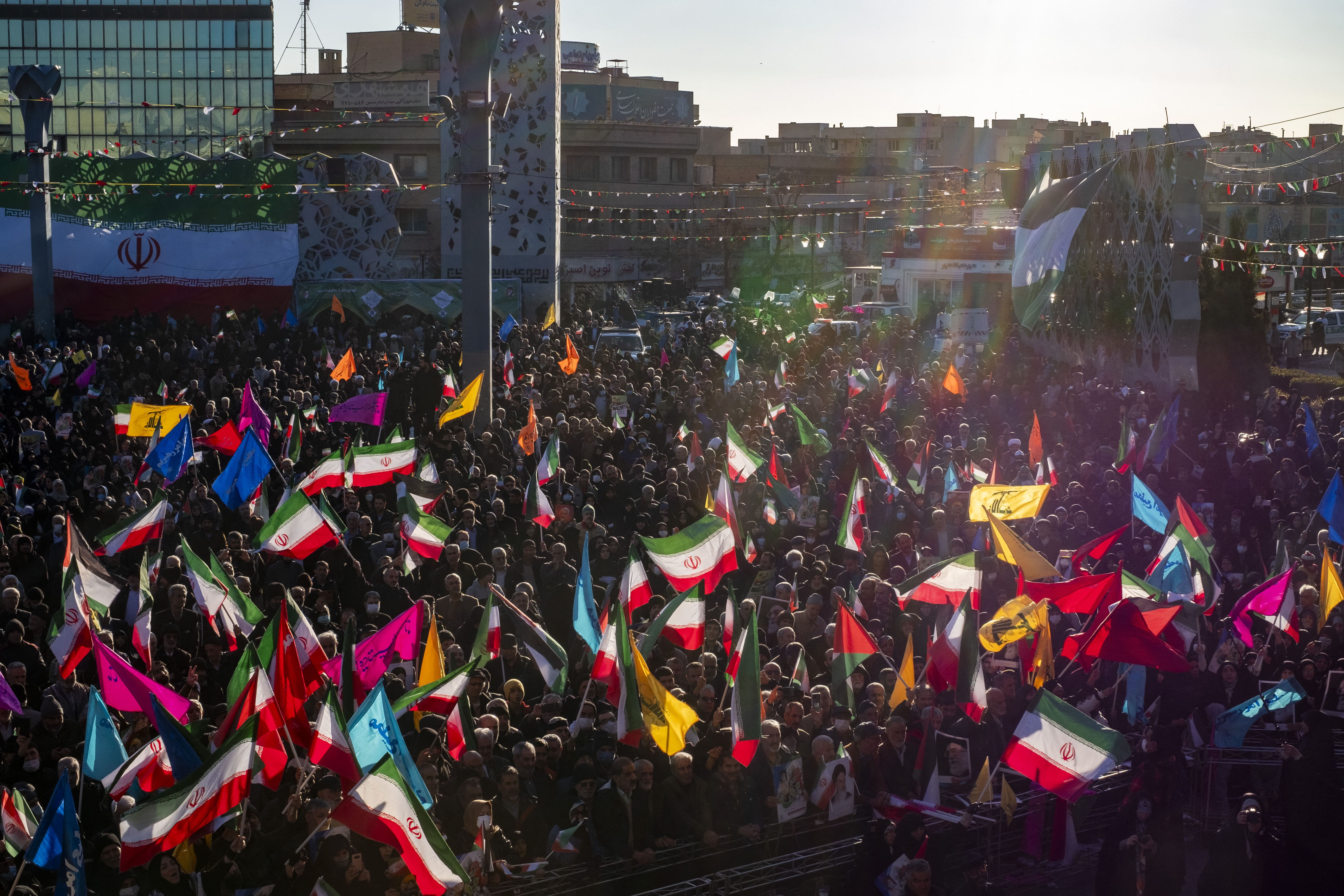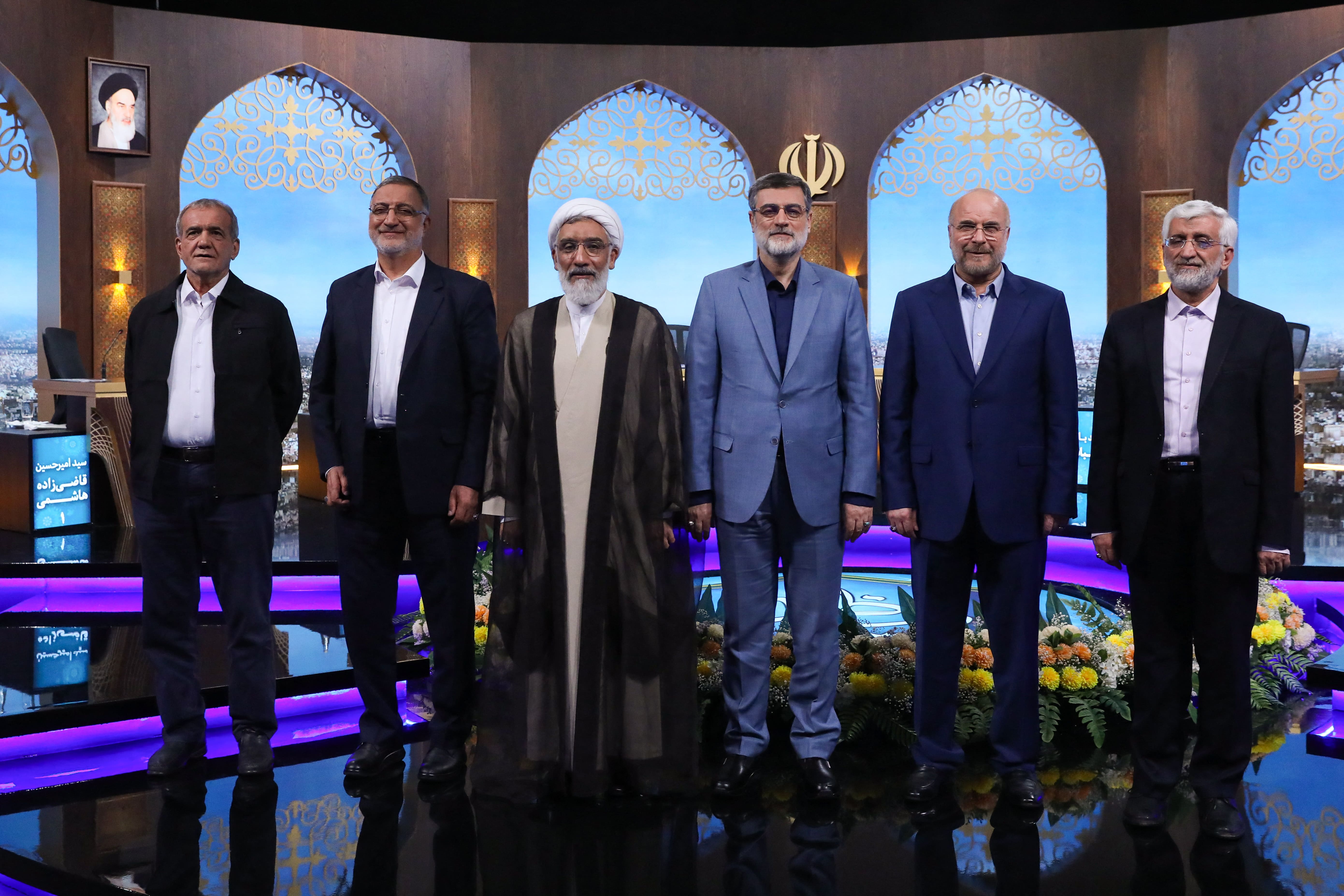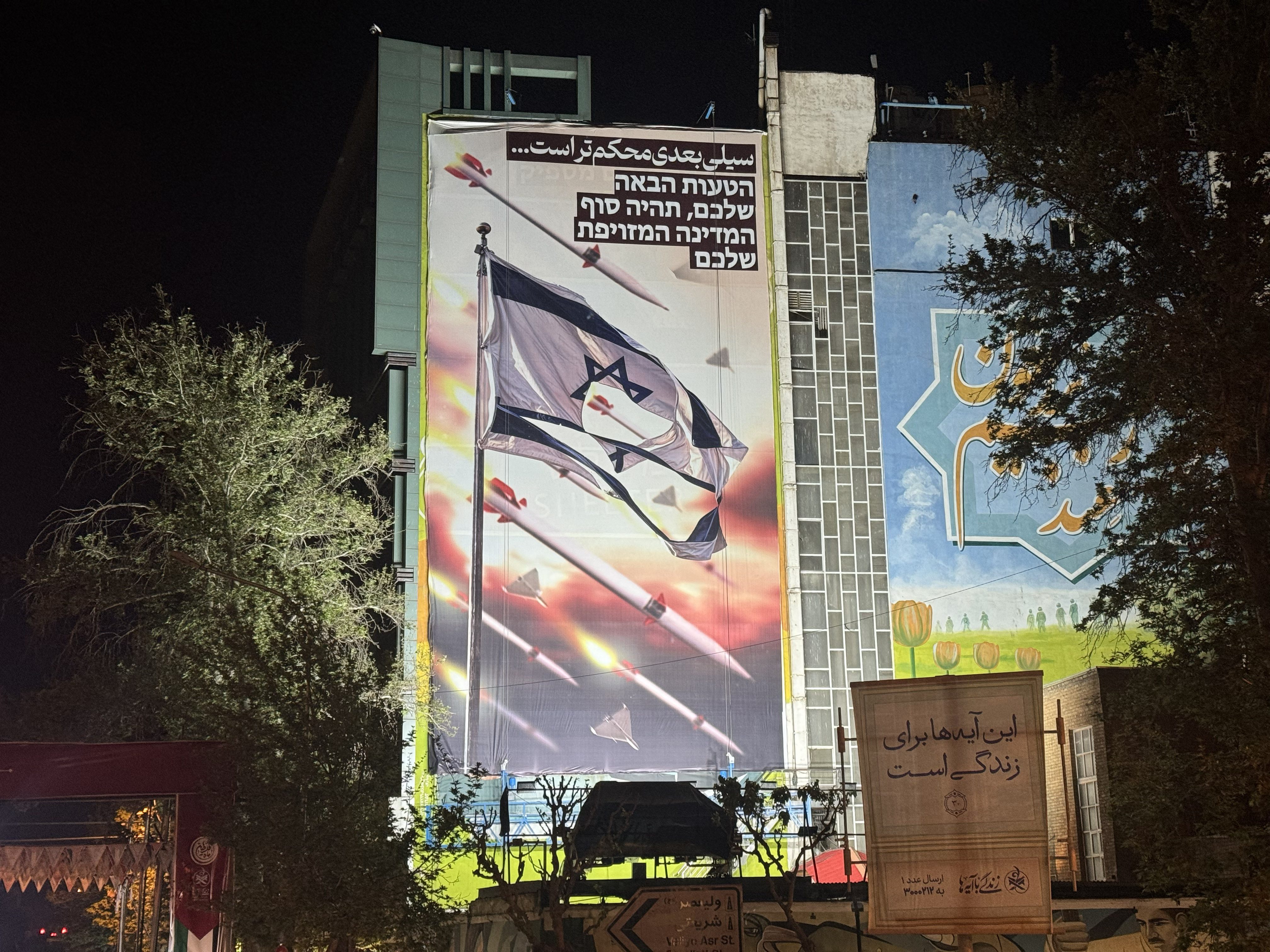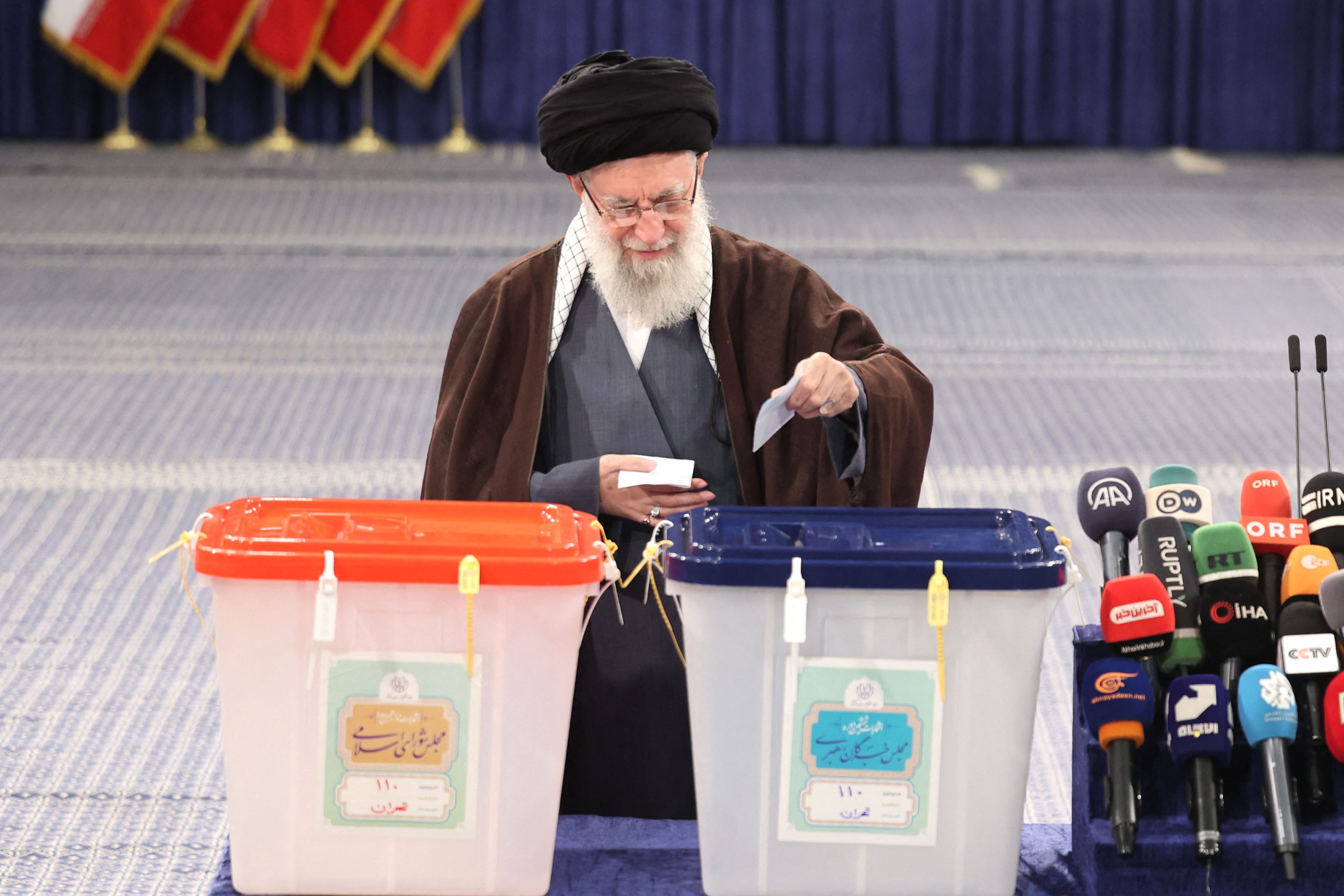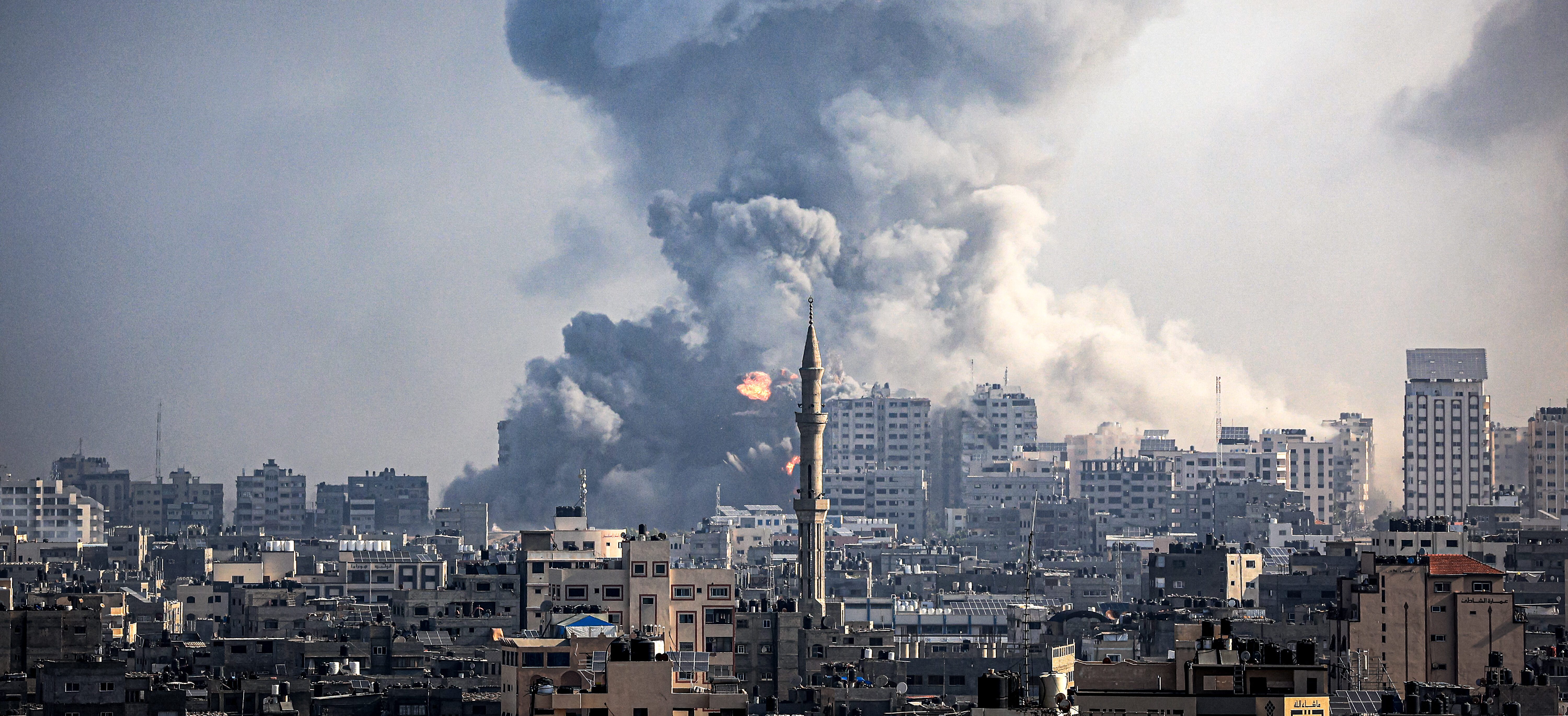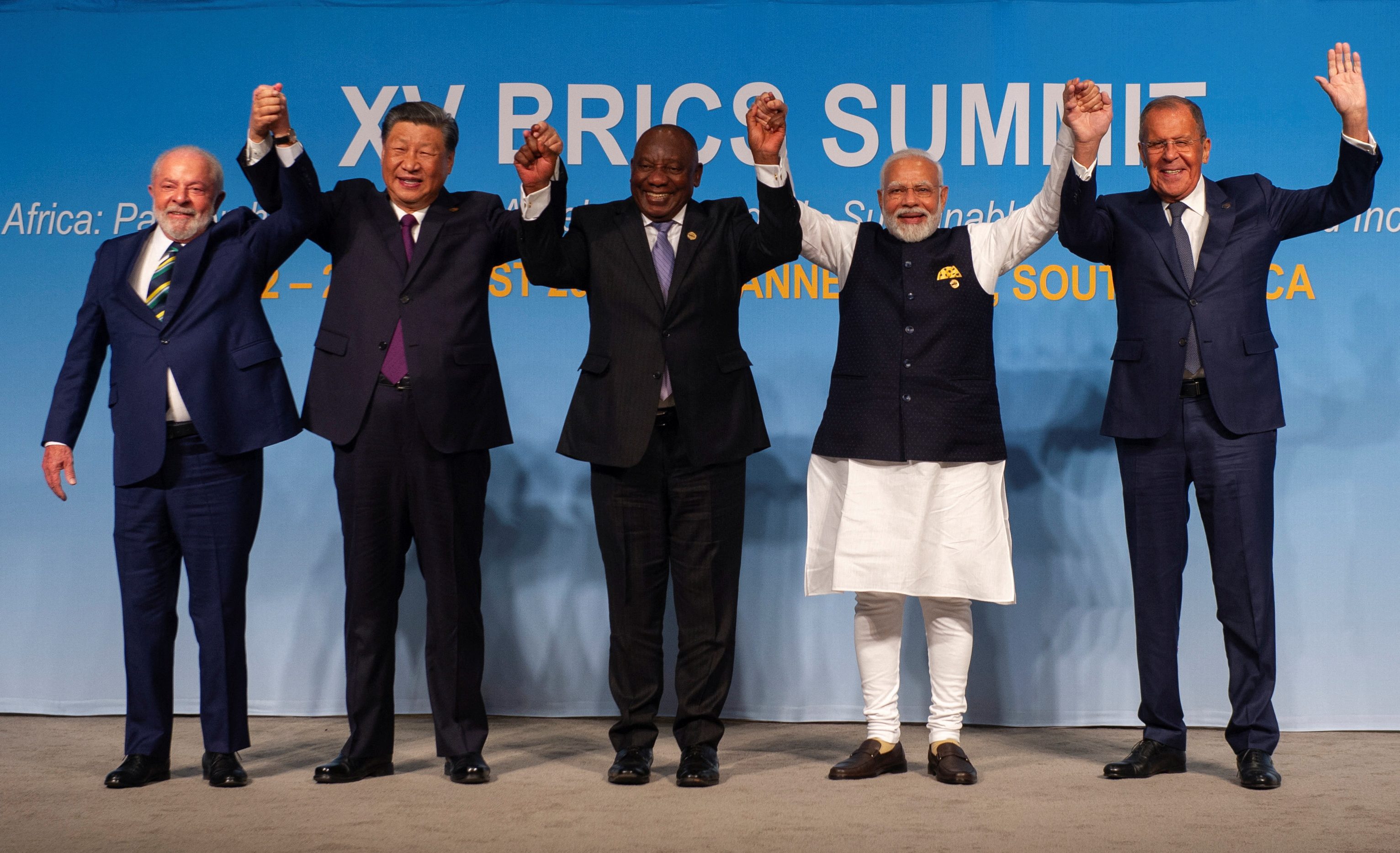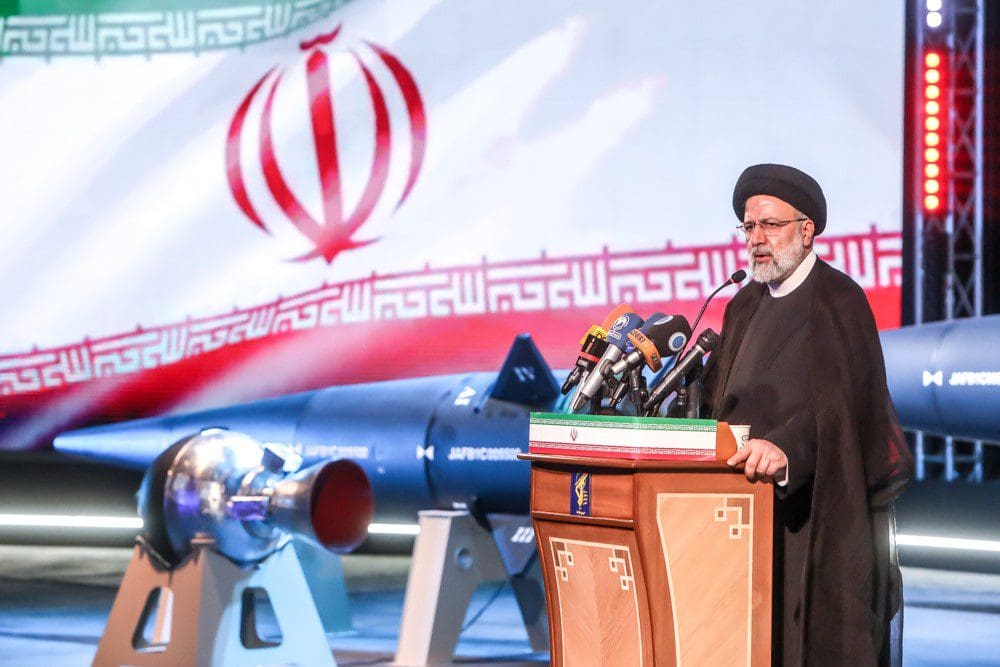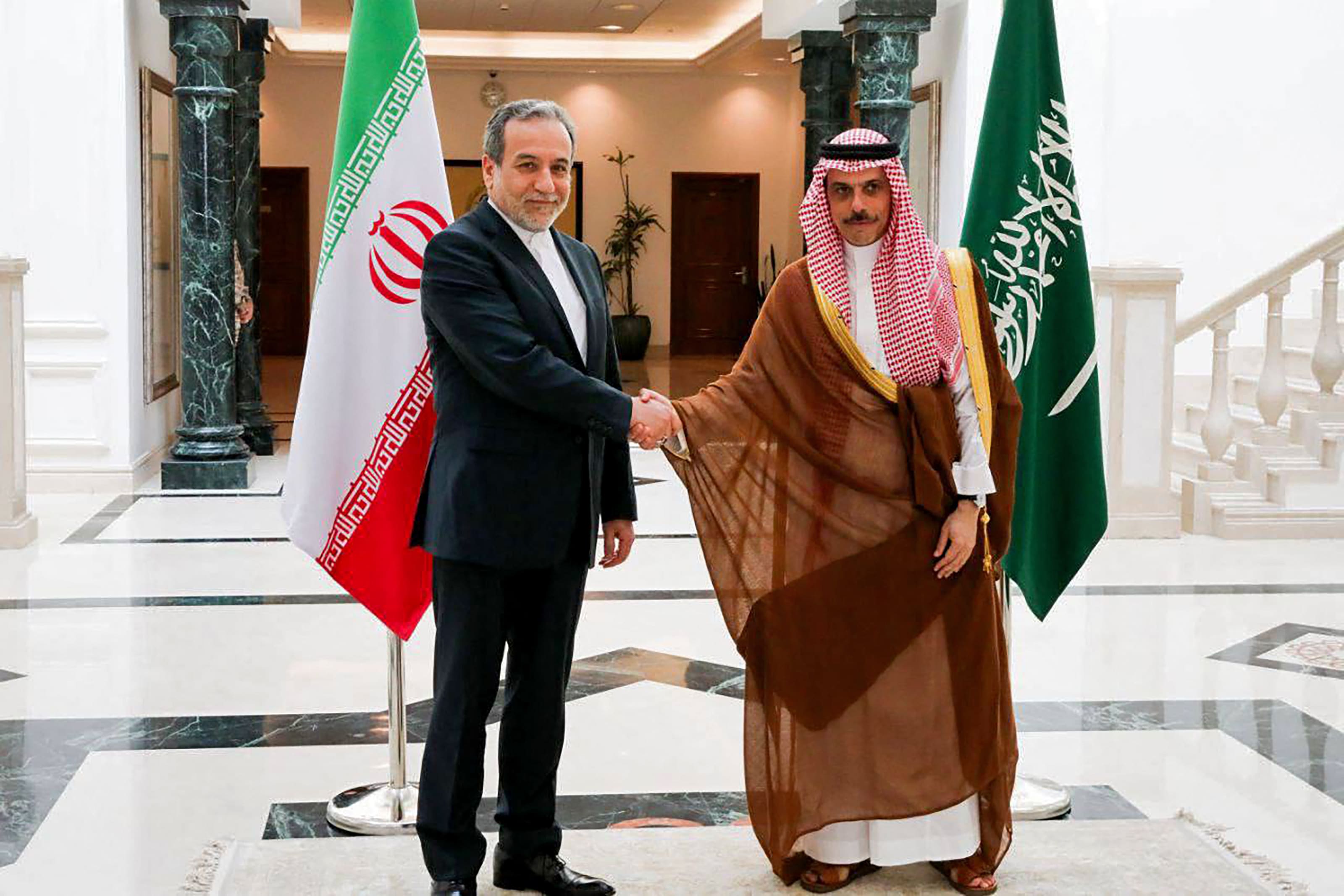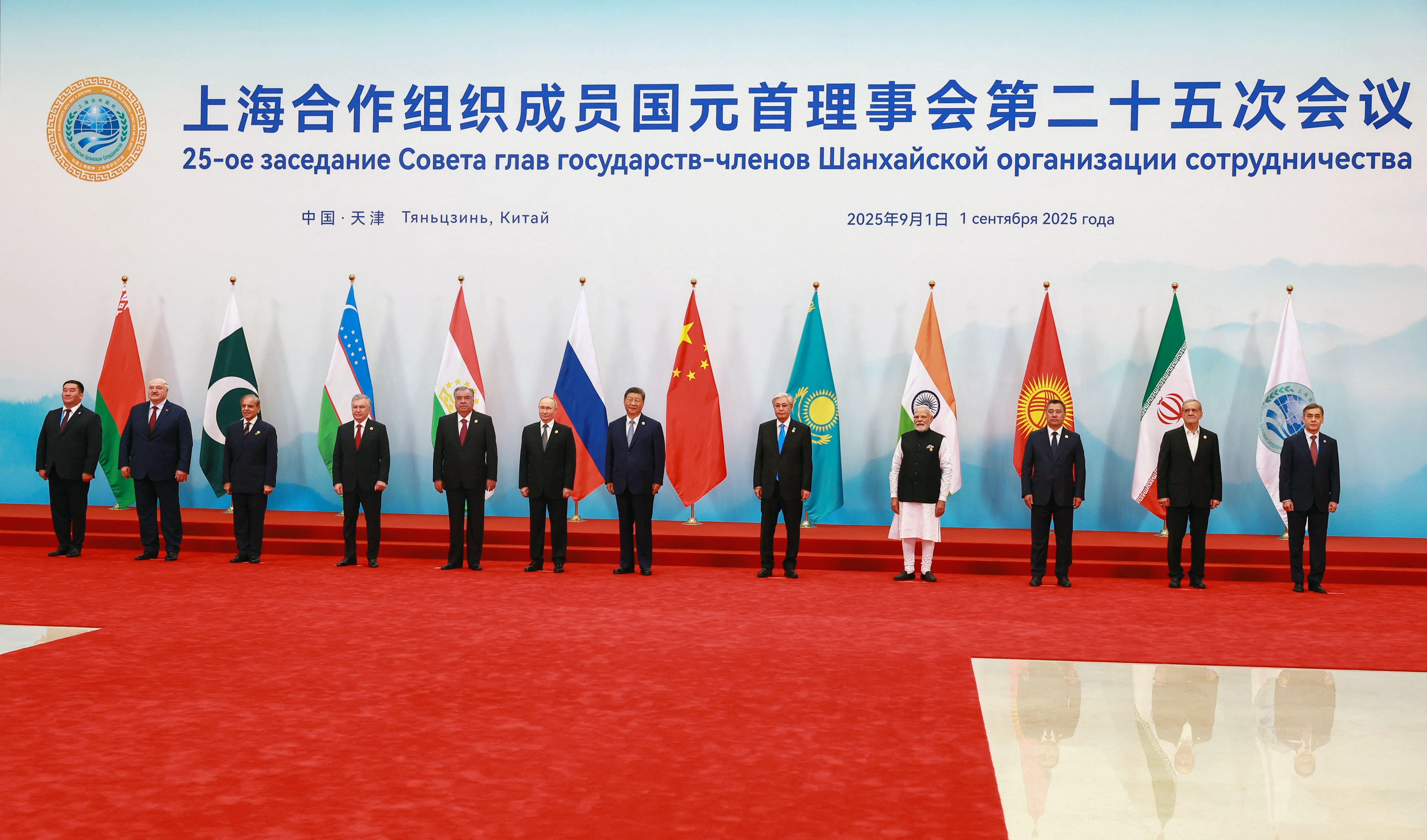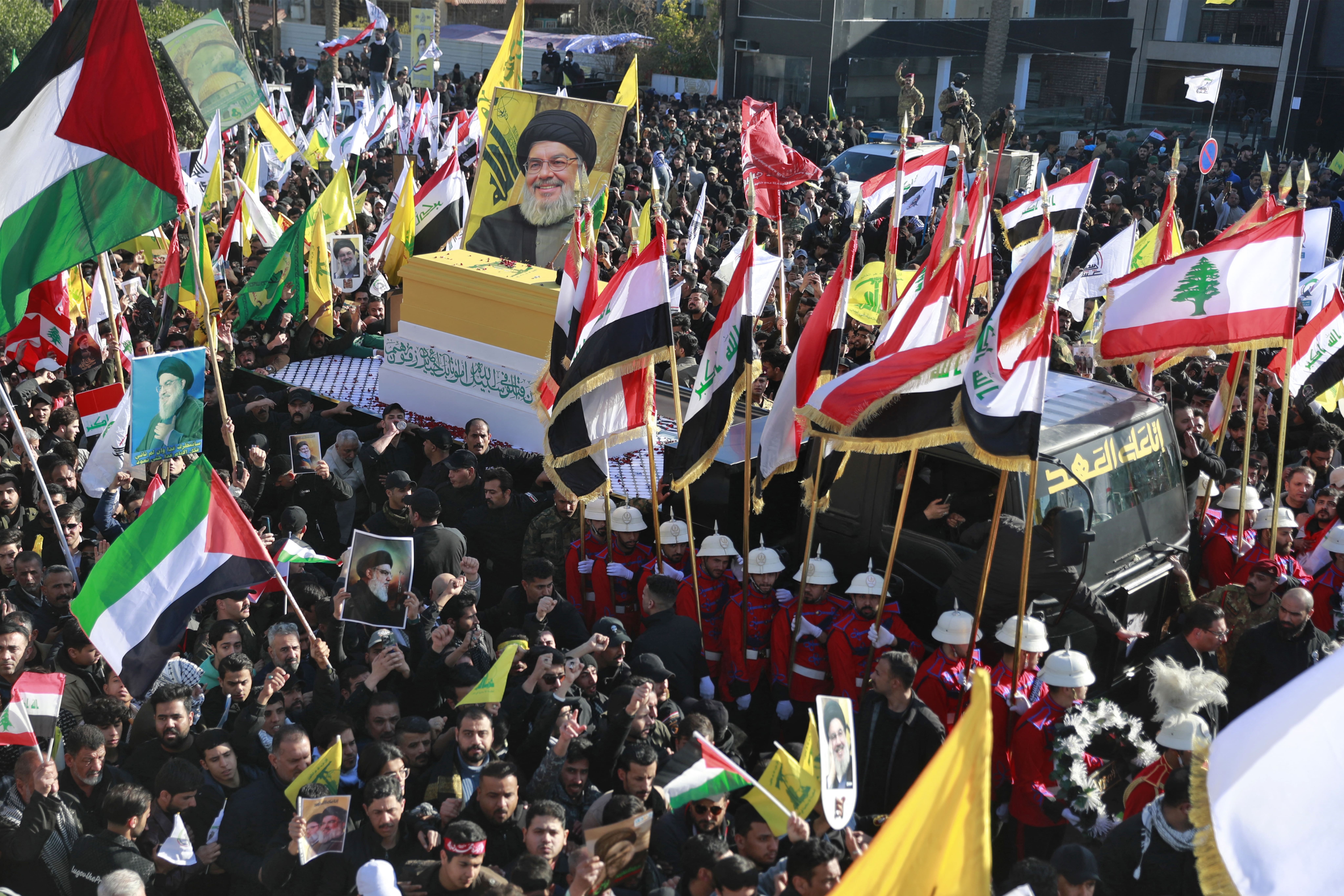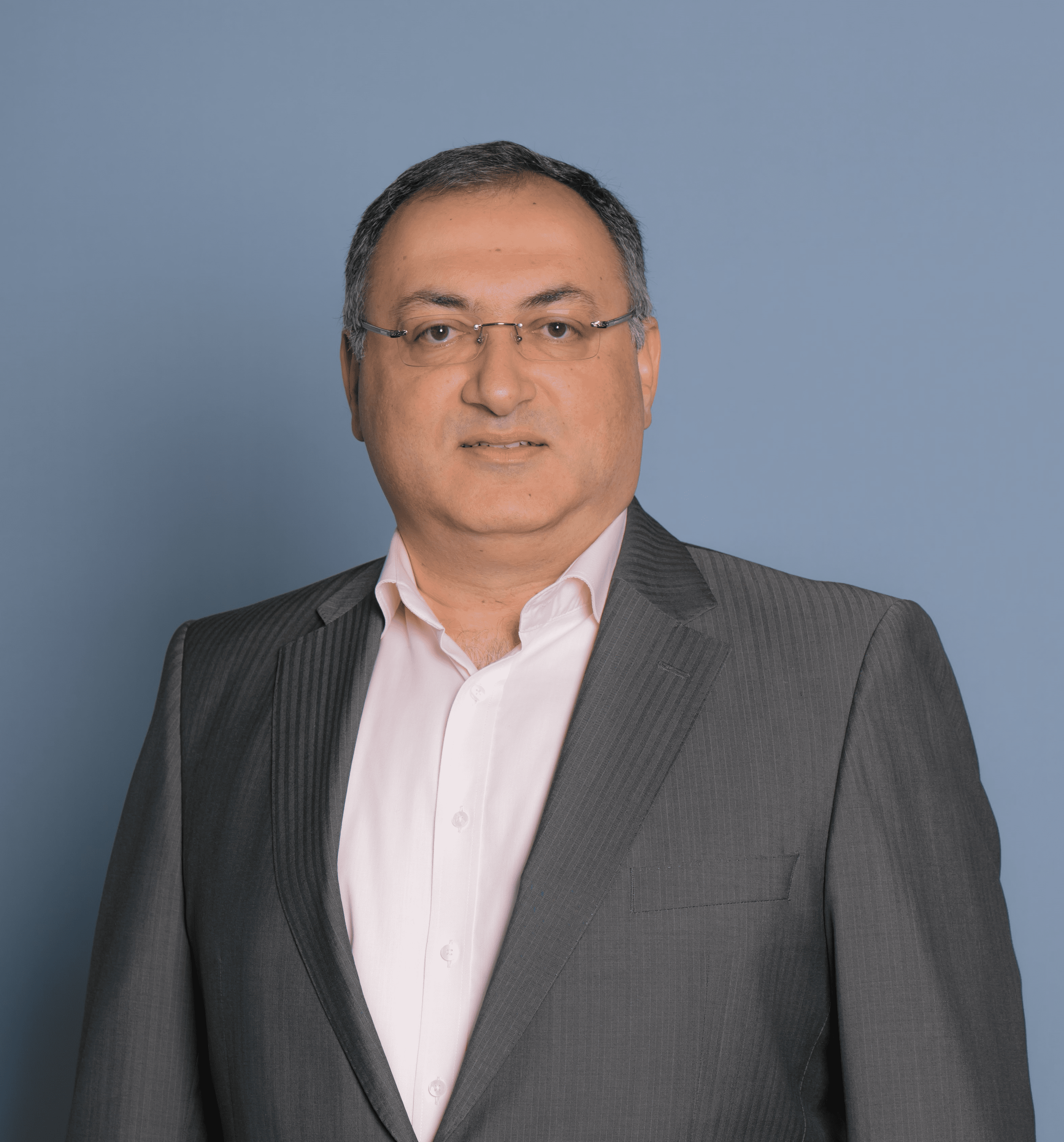
Shahram Akbarzadeh
Nonresident Senior Fellow
Bio
Shahram Akbarzadeh is a nonresident senior fellow at the Middle East Council on Global Affairs. He is a research professor of Middle East and Central Asian politics and acting director of the Alfred Deakin Institute for Citizenship and Globalisation at Deakin University in Australia.
Akbarzadeh’s research focus includes transnational linkages and the international relations of the Middle East. He has recently led a project on the securitization of Kurdish identity sponsored by Gerda Henkel Stiftung and a project on proxy wars in the Middle East funded by Carnegie Corporation. Within the Alfred Deakin Institute, he convenes the Middle East Studies Forum (MESF).
Previously, Akbarzadeh was a future fellow at the Australian Research Council (ARC), researching foreign policy-making in Iran. The Australian Special Report of 2020 named him as Australia’s leading researcher in Middle East and Islamic Studies.
Akbarzadeh has published more than 60 papers in leading peer-reviewed journals including Democratization, British Journal of Middle Eastern Studies and Journal of Strategic Studies. He has also authored and co-authored several books including Middle East Politics and International Relations: Crisis Zone (Routledge, 2023), Edward Elgar Handbook of Middle East Politics (Edward Elgar Publishing, 2023), and Presidential Elections in Iran (Cambridge University Press, 2021).
Akbarzadeh is the founding series editor of the Palgrave Studies in Iranian Politics as well as an academic editor for Third World Quarterly.
Research Areas
- Foreign policy making
- International relations
- Authoritarianism
- Political Islam
Countries of Focus
- Iran
- Middle East
Other Areas of Interest
- Elections
- Political legitimacy
- Social movements
- Digital activism
Education
- Ph.D., Politics, La Trobe University, Australia, 1998
- M.Soc.Sc., Russian and East European Studies, Birmingham University, UK, 1992
- B.A., Social Sciences, Swinburne University, Australia, 1989

